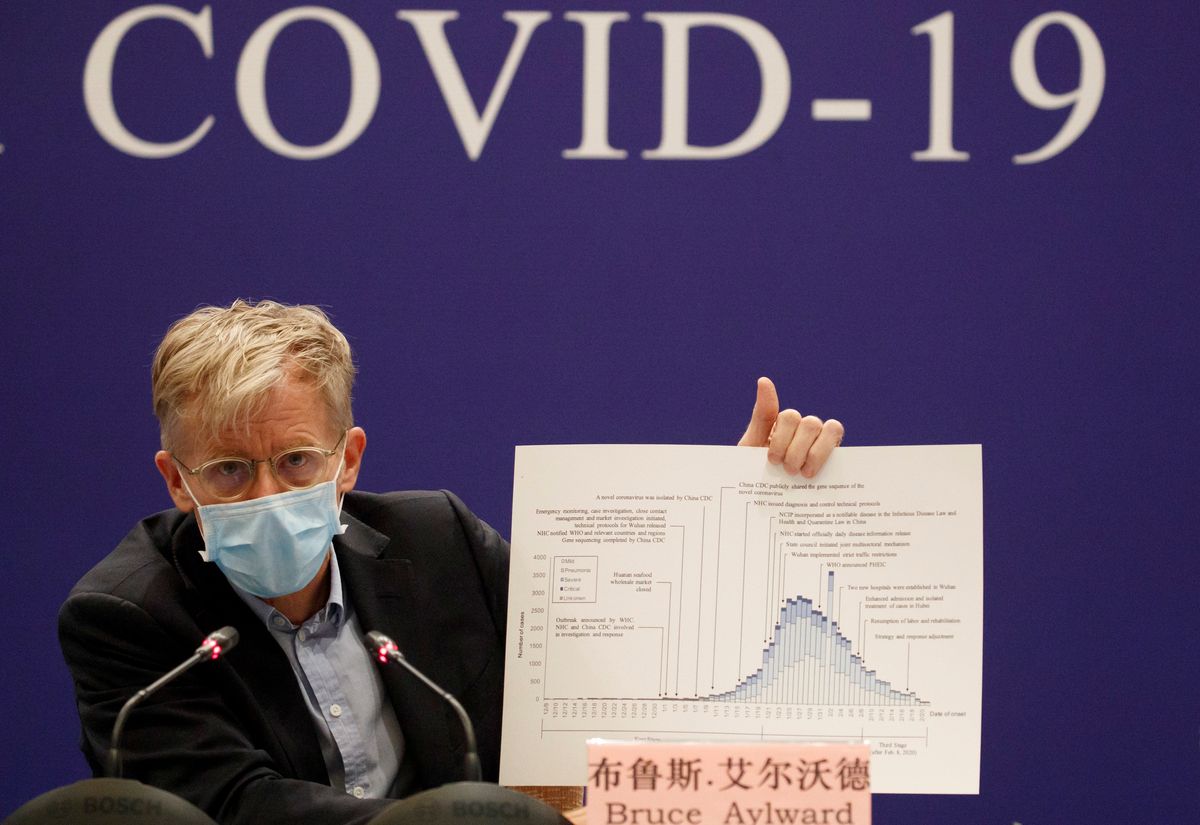Coronavirus, and the anxiety it provokes, have spread far beyond China. More than 1,200 additional cases are now confirmed across more than 30 countries. Fears are growing that the outbreak has reached the early stages of a global pandemic, because infections in South Korea, Italy, and Iran have no apparent connection to China, where the first reported cases emerged.
Alongside its obvious public health and economic effects, coronavirus is also shaking up politics—especially in a few countries where governments have good cause to worry how citizens will judge their performance.
In South Korea, there are now hundreds of confirmed cases, and President Moon Jae-in must worry that his handling of the crisis will become a central issue in parliamentary elections scheduled for April 15. The political stakes were high well before coronavirus appeared in the headlines. If his Democratic Party of Korea performs poorly, Moon may soon find himself a lame duck.
In Italy, tens of thousands of people in northern provinces have been quarantined. A government composed of awkward political bedfellows, the Five Star Movement and Democratic Party, wants to avoid early elections that might well oust both from power. As public anxiety rises, they'll have to prove they can stop squabbling and work together to manage this metastasizing problem.
In Iran, an embattled government admits the virus has become a "national problem," even as it denies charges that it's hiding the true number of infections and deaths. This government was already contending with the impact of US sanctions on an enfeebled economy, the public admission that Iran's military accidentally shot down a Ukrainian passenger plane, and record low turnout in national elections that many say were manipulated to boost conservative regime loyalists. Now coronavirus has given the public another reason to question its competence.
In the United States, Trump administration officials are reportedly discussing the impact of a potential outbreak in the US on public health, US markets, and the president's re-election prospects. Yesterday, Trump backed off a plan to house American coronavirus patients in Alabama.
Fear and loathing
It's too early to know whether we're heading toward a global pandemic. For now, more than 99 percent of deaths have occurred in China. But credible (and potentially deadly) threats to public health can have big political and economic impacts even if the worries turn out to have been exaggerated.
A few observations:
Fake news feeds the fear. Last week, residents of a small town in Ukraine attacked a bus carrying 72 people, 45 of them Ukrainian citizens, who had been evacuated from China. This fury was triggered by an email campaign, which Ukrainian officials say originated outside the country, spreading the false rumor that the passengers had been infected. None had.
The anger is usually targeted at foreigners. Social media have both spread and highlighted coronavirus-related xenophobic attacks on Asians in many countries. There are leaders in a number of countries who have argued in recent years for tighter border controls and a country-first approach to crisis. In that sense, coronavirus may help them.
The true political impact of coronavirus will be tough to measure. Under normal circumstances, angry citizens vent their fury through public protest. We've seen plenty of that in countries in every region of the world over the past year. But this is hardly the moment when your average angry citizen wants to be part of a crowd.



















